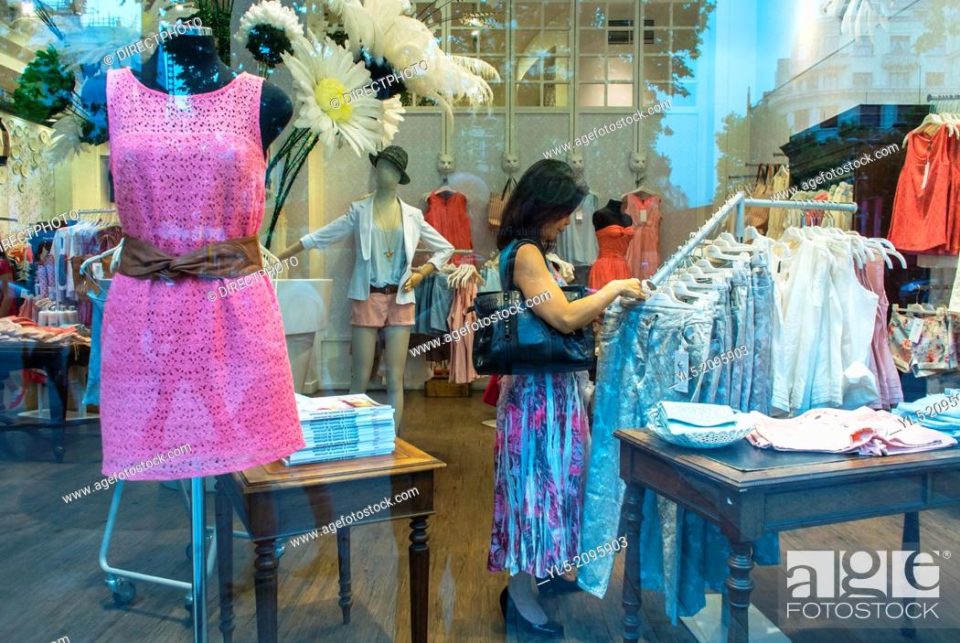French shoppers are reviewing their fashion buying practices, turning slowly but surely towards a more reasoned consumption. A new study reveals that they are now ready to reduce their fashion purchases, to favor made in France, and even to boycott brands that are neither ethical nor eco-responsible.
Some 100 billion items of clothing are sold each year worldwide, with production doubling between 2000 and 2014. These staggering figures published by the French Environment and Energy Management Agency (Ademe) are to be compared with the 4 billion tons of CO2 equivalent generated each year by the textile industry, and the 4 million tons of textiles thrown away each year… only in Europe. It is clear that the overconsumption of clothing is one of the problems to be solved to reduce the impact of the whole sector on the planet. French consumers seem to have understood this and are determined to become actors of change, as revealed by a new survey conducted by OpinionWay for La Retail Tech.
Less new purchases, more second-hand
Faced with the climate emergency, French consumers say they are ready to change their fashion habits, and this means, above all, reducing their purchases. Nearly two-thirds of respondents (63%) say they have already reduced their purchases, and more than eight out of ten (82%) plan to do so. However, there are disparities according to age, with the oldest French people (71% of 50-64 year olds) having already massively initiated this change, compared to the younger generations (53% of 18-34 year olds). This difference can be explained by the propensity of the younger generation to turn to second-hand goods. While a little more than a third of all French people (36%) say they buy second-hand clothes, half of 18-24 year olds say they have already taken action. They are only 17% among those 65 years and older.
Commitment, whether ethical, social or eco-responsible, now seems to be at the heart of French people’s concerns. Nearly six out of ten people surveyed (59%) say they donate fashion items they no longer use, while 43% say they sell them. And second hand is not the only alternative adopted by the French to embrace a more reasoned consumption. Nearly four out of ten respondents (39%) say they buy clothes or accessories made in France, and 27% mention buying ethical and responsible fashion items. As for the question of boycotting brands that do not make an effort, a quarter of French people already censure brands that do not respect the working conditions of their employees, as well as those that do not produce clothes in an environmentally friendly way. And they are respectively 68% and 64% to consider doing so.
Digital for experience
Digital to serve the physical experience
While the Covid-19 pandemic has made online clothing sales explode, it seems that the French are now going back to shopping in physical stores. More than eight out of ten respondents (83%) still prefer stores, whatever they are, against 55% who shop online. However, this does not prevent consumers from wanting to take advantage of digital innovations, but only to optimize their in-store shopping experience. More than a quarter of respondents (28%) would like, for example, to be able to consult online the stock of products available in store before going to the store, while 23% would like to pre-book their future purchases, and find them directly in the fitting room when they arrive in store.
But digital could also be used for a more sustainable fashion. The survey shows that the French would like to have access to digital devices on the shelves to obtain more information on the composition of products (15%), on the conditions of manufacture of products (14%), on the impact of products on the environment (13%), or on the origin of the products in question (13%). All this information could help them make more reasoned purchases.
*This survey was conducted online by OpinionWay for La RetailTech, on April 5 and 6, 2023, among a sample of 1,023 people, representative of the French population aged 18 and over.



